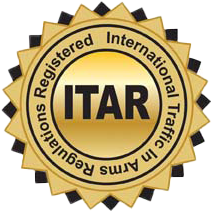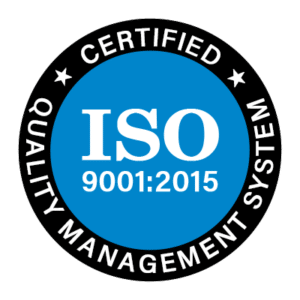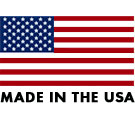
Understanding TSCA and Its Importance in the
Silicone Industry
In the realm of chemical manufacturing and regulation, the Toxic Substances Control Act (TSCA) stands as a cornerstone of safety and environmental responsibility. But what exactly is TSCA, and why is it so crucial for industries, especially those dealing with silicone?
What is TSCA?
The Toxic Substances Control Act (TSCA) is a United States law, enacted in 1976, designed to regulate the introduction of new or already existing chemicals. Administered by the Environmental Protection Agency (EPA), TSCA grants the EPA the authority to require reporting, record-keeping, testing, and restrictions relating to chemical substances and mixtures. This law is integral to ensuring that chemicals are evaluated and managed in a manner that protects human health and the environment.
Key Components of TSCA
- Chemical Inventory: TSCA mandates that the EPA maintains an inventory of all existing chemical substances in commerce. This inventory serves as a comprehensive list that helps track and manage chemicals.
- Pre-Manufacture Notification (PMN): Before manufacturing or importing new chemicals, companies must notify the EPA through the PMN process. This ensures that new substances undergo evaluation for potential risks before they enter the market.
- Risk Evaluation: The EPA assesses both new and existing chemicals for potential health and environmental risks. This includes considering their effects on vulnerable populations such as children, workers, and consumers.
- Risk Management: If a chemical is found to pose an unreasonable risk, the EPA has the authority to impose regulations to mitigate these risks, which may include labeling requirements, usage restrictions, or even bans.
- Reporting and Record-Keeping: TSCA requires extensive documentation and reporting from companies, ensuring transparency and accountability in the use and management of chemicals.
Why is TSCA Important in the Silicone Industry?
Silicones are a group of synthetic materials made from silicon, oxygen, carbon, and hydrogen. They are incredibly versatile, used in everything from medical devices and electronics to cookware and personal care products. The widespread use of silicones means that their safe production and application are of paramount importance.
- Ensuring Safety: The stringent requirements of TSCA ensure that the silicones used in various applications are thoroughly evaluated for safety. This protects not only the end consumers but also the workers involved in the manufacturing process.
- Environmental Protection: By regulating the production and disposal of silicone-based products, TSCA helps prevent environmental contamination. This is particularly crucial given the potential persistence of certain silicones in the environment.
- Innovation and Compliance: TSCA encourages innovation within the silicone industry by setting clear guidelines for the introduction of new products. Companies are motivated to develop safer, more environmentally friendly silicones to meet regulatory standards.
- Consumer Confidence: Compliance with TSCA regulations builds consumer trust. When customers know that the products they use are subject to rigorous safety checks, they can have confidence in their safety and efficacy.
TSCA plays a vital role in ensuring the responsible management of chemicals, including those in the silicone industry. By mandating thorough evaluation and regulation, TSCA helps safeguard human health and the environment, fostering innovation and maintaining consumer trust. For companies operating in the silicone sector, adherence to TSCA is not just a legal obligation but a commitment to sustainability and safety.








